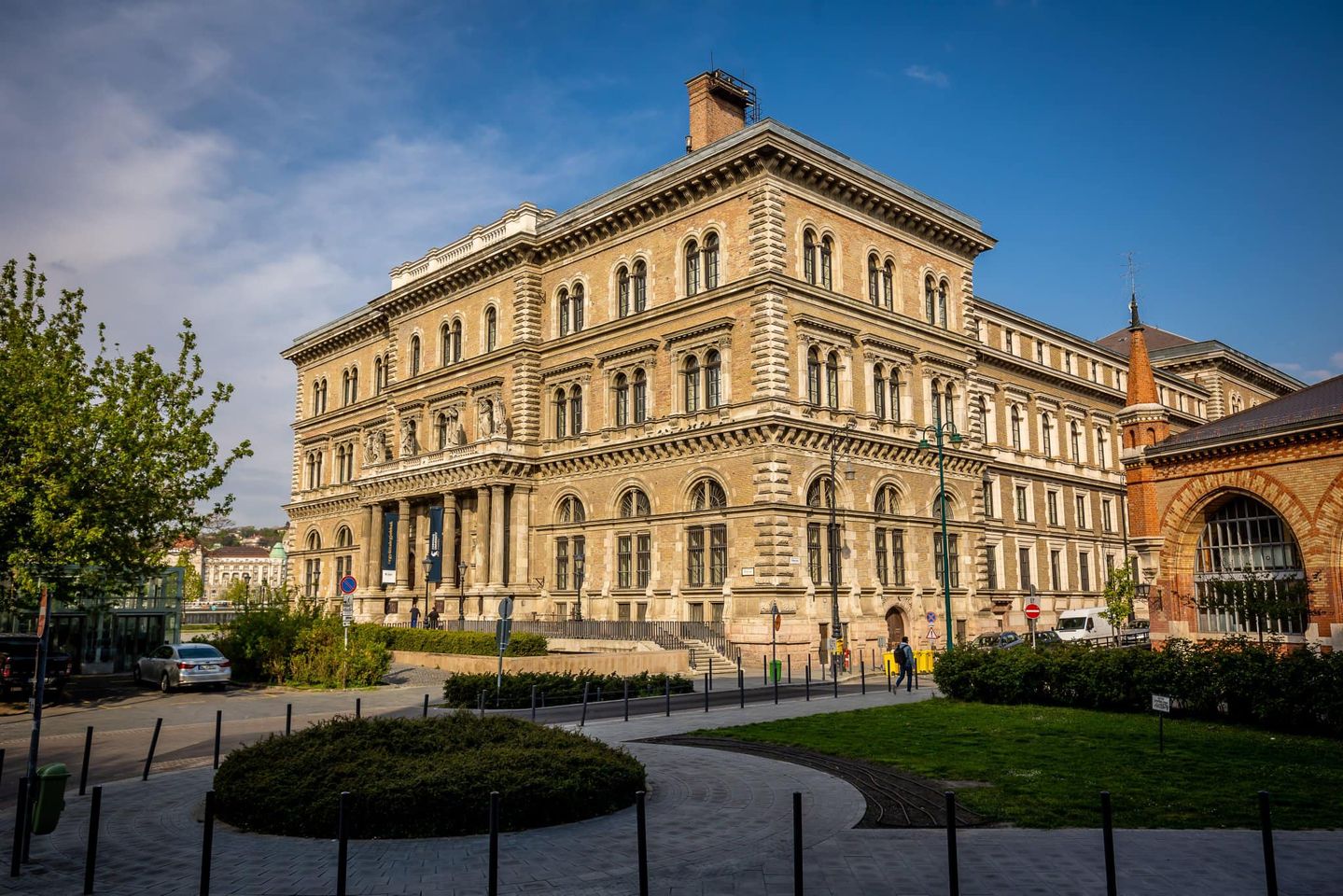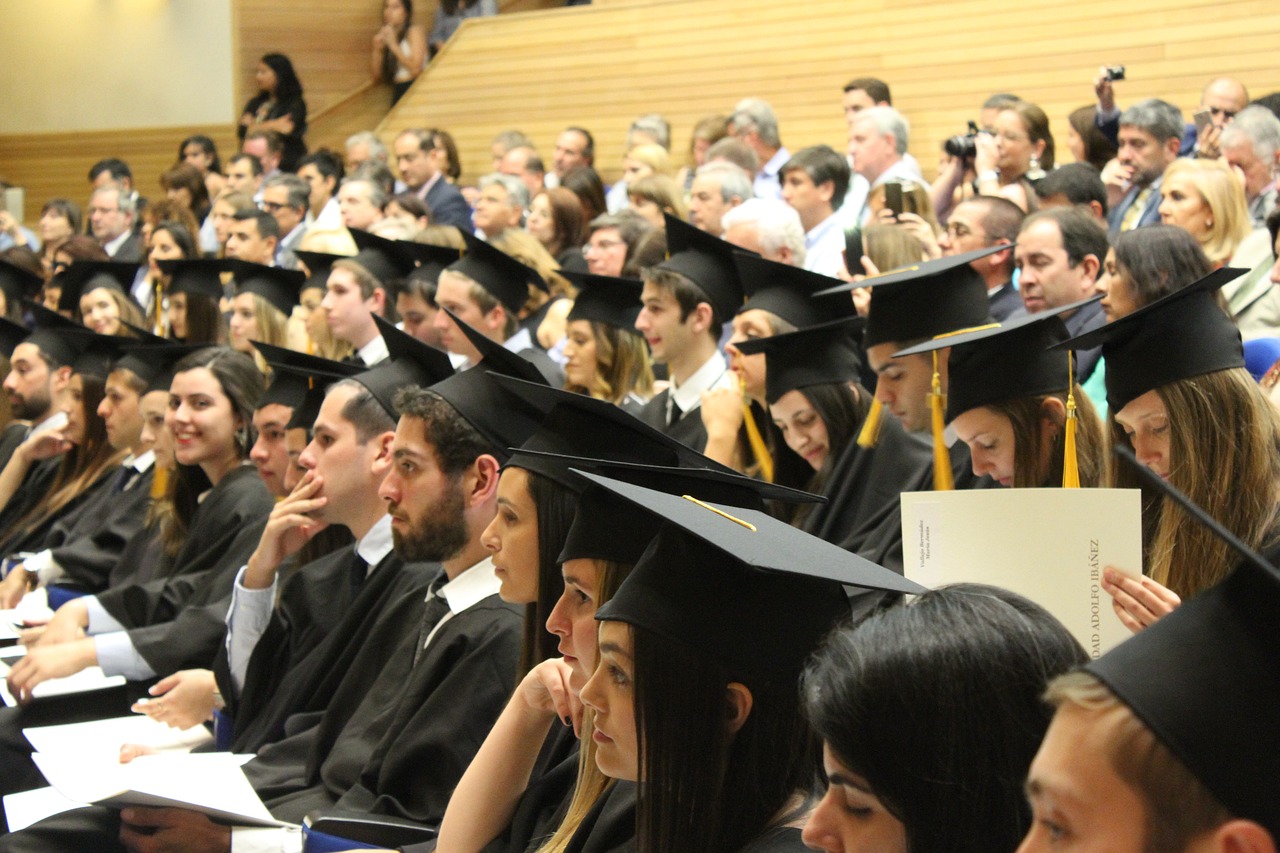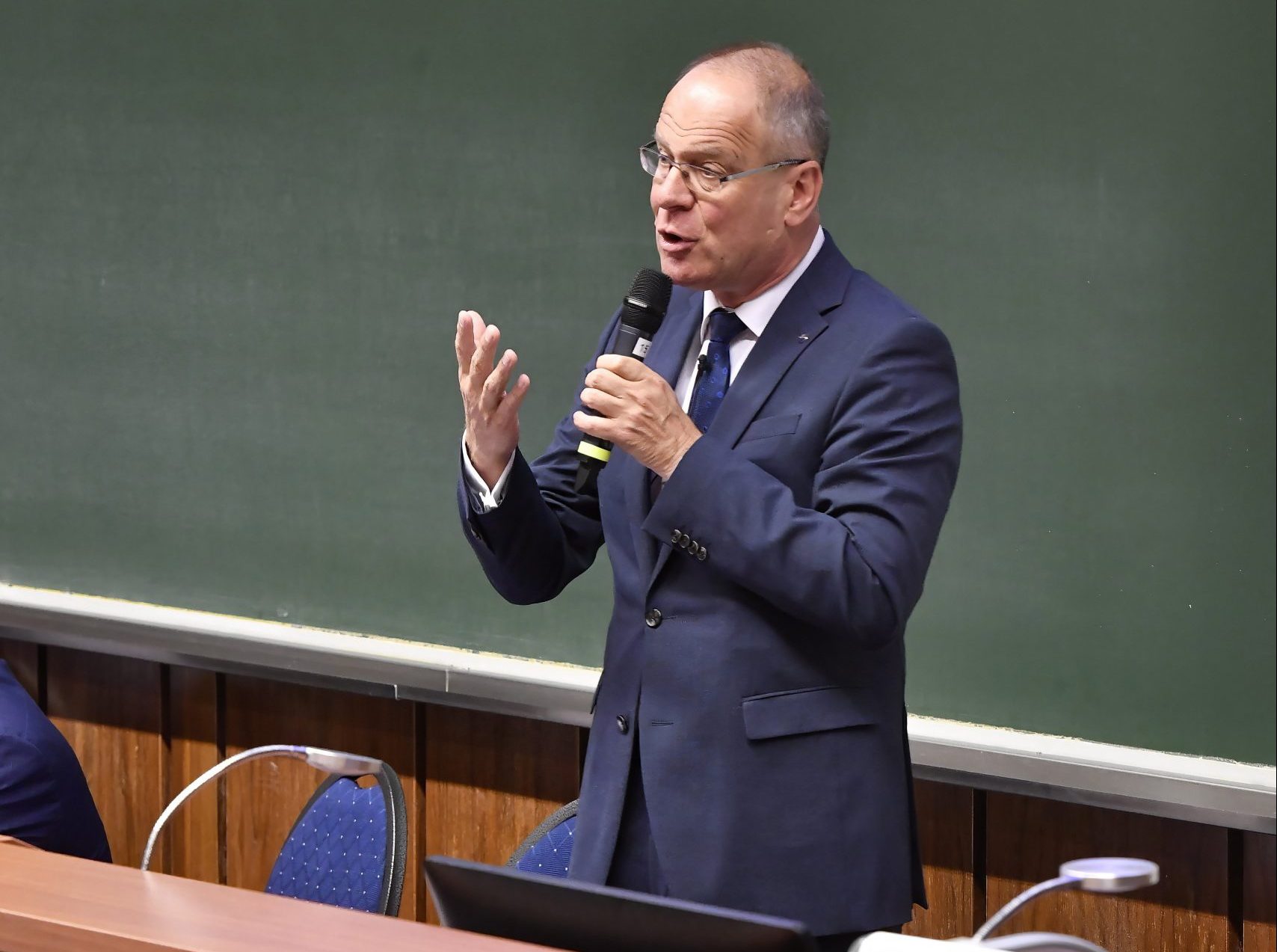
Eleven Hungarian universities are now in the top five percent of the world's nearly 30,000 universities.Continue reading

Hungary will submit a loan application for €3.9 billion to the European Commission from the Recovery and Resilience Facility (RRF), the Minister of Regional Development told journalists. Tibor Navracsics said that the application will be submitted to finance energy infrastructure, energy efficiency tenders, and green transition projects.
Asked when this credit line would be disbursed, Tibor Navracsics could not give an answer, saying that the related documents were sent on Thursday. He added, however, that the RRF projects should be completed by the end of summer 2026.
On EU funds for Hungary, the Minister said the European Commission had still not made its formal assessment of the government’s response to the EU’s objections to Hungary’s rule of law.

Minister Tibor Navracsics. Photo: MTI/Lakatos Péter
Regarding the Erasmus program, he noted that its funding is secured until the second half of 2024, and negotiations are ongoing. If an agreement can be reached by the end of November, Erasmus funds will continue to be paid from the second half of 2024, and there is no such strict deadline for cohesion funds. As soon as the rule of law issue is addressed, the funds will be opened, the minister emphasized.
Regarding the future, the government already signaled in January that if the Erasmus scholarship negotiations with the European Union do not lead to a result, they will pay the cost of the scholarships.
Speaking on the opening day of the fifth annual Semmelweis Summer University, Navracsics said he was confident that the controversial issues around the Erasmus program would be clarified soon. The minister highlighted that Erasmus was the most effective “advertisement” for European integration and that the Commission was inexplicably trying to exclude students from the experience.
He called the exclusion of higher education universities from Erasmus ideological discrimination and a political blunder.
Balázs Hankó, State Secretary for Innovation and Higher Education, was also present at the event. He noted that the change in the higher education model had created even greater opportunities for knowledge and creativity to flourish in the sector. Institutions in the form of public foundations have real autonomy, competitiveness, flexibility, and predictability.
About the Erasmus program, he said that the European Commission has until November 23 to make a decision, but universities’ participation in the program is guaranteed until next June, with quotas and funding in place.
If a positive decision is not made after November, international student mobility has the appropriate funding in next year’s Hungarian budget.
Béla Merkely, rector of Semmelweis University, stated that the university has appealed to the Court of Justice of the European Union on the Erasmus case. He emphasized that the exclusion from the program would cause reputational damage to the institution. It is a political issue, as in the case of Semmelweis University there was no politician on the board of trustees, and there was no suspicion that the spending of public money was not transparent, he underlined.
Via MTI, Featured photo via Pixabay